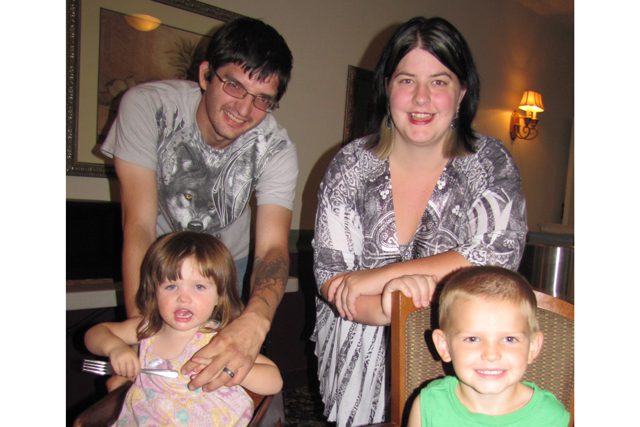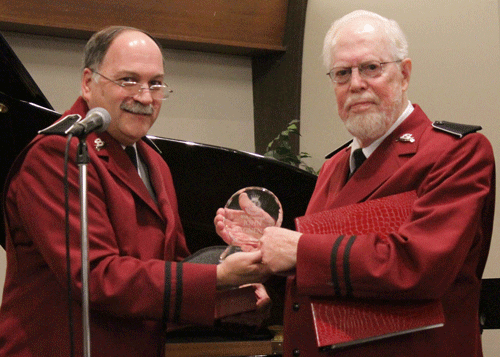By Ian Robinson, Major
For my wonderful wife, Christmas really begins when she hears “It’s the Most Wonderful Time of the Year”—the original and iconic Andy Williams version. And her Christmas musical experience is complete when she hears “O Holy Night,” sung by anyone. It is her all-time favorite and we heard it the other day on the car radio as we traveled to work. Nothing remarkable about that, you might say, unless you know the story behind the song.
In 1847, French poet Placide Cappeau de Roquemaure was approached by his parish priest to write a poem for that year’s midnight mass. He was probably somewhat surprised at this request since he was an infrequent church attender at best. However, he set his mind to the task and on a bumpy coach ride to Paris, wrote the poem, using the Gospel of Luke as his inspiration. By the time he arrived in the city the “Cantique de Noel” was finished.
He sensed that the poem was really a song and asked his friend, noted French composer Adolphe Charles Adams, to set it to music. Adams quickly wrote an original score, and three weeks later the song was presented at Midnight Mass on Christmas Eve. The song gained tremendous popularity throughout France but when Cappeau left the church for socialism, and church leaders discovered that Adams was Jewish, they denounced it and prohibited churches from using it.
The French people knew better and continued to sing the song until it was brought to the U.S. by John Sullivan Dwight who translated it into English. As an abolitionist, he was particularly moved by the third verse which says, “Truly he taught us to love one another; his law is love and his gospel is peace. Chains shall he break, for the slave is our brother; and in his name all oppression shall cease.” The song continued to gain popularity during the Civil War, especially in the North.
On Christmas Eve 1906, Reginald Fessenden, a university professor and former chief chemist for Thomas Edison, made the first broadcast of a man’s voice over the airwaves. The words of Luke chapter two interrupted the usual Morse code transmissions: “And it came to pass in those days, that there went out a decree from Caesar Augustus, that all the world should be taxed.” Radio operators around the world were astonished to hear the first spoken words in this medium. When he had finished reading the Christmas story, Fessenden picked up his violin and played “O Holy Night,” making it the first song ever sent over radio airwaves. And the world has never been the same since.
So a Christmas carol penned in just three weeks by a French poet who walked away from his faith and a Jewish composer made history and changed the way we listen to music. And I can hear it now, playing on the radio as my wonderful wife sings along.
O holy night! The stars are brightly shining,
It is the night of our dear Savior’s birth.
Long lay the world in sin and error pining,
‘Til He appear’d and the soul felt its worth.
A thrill of hope the weary world rejoices,
For yonder breaks a new and glorious morn.
Fall on your knees! O hear the angel voices!
O night divine, O night when Christ was born;
O night divine, O night, O night Divine.












